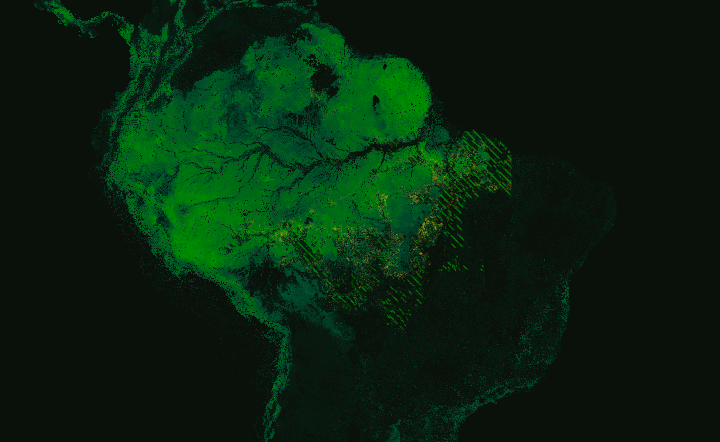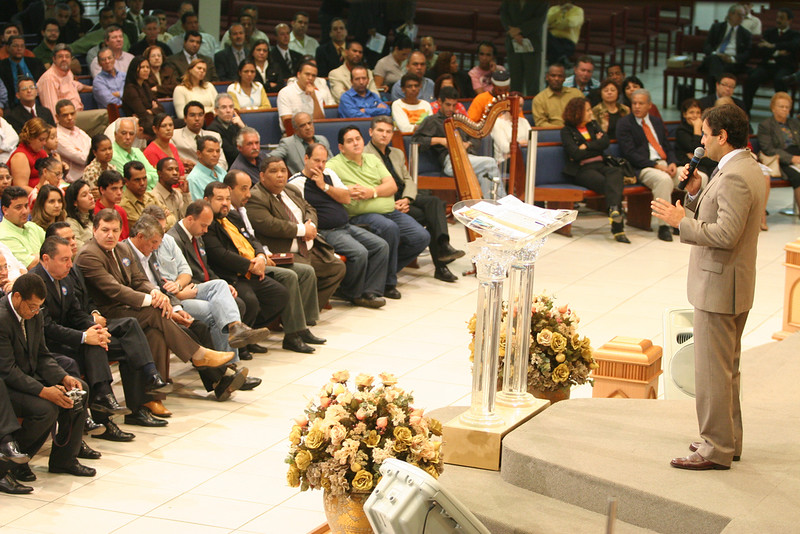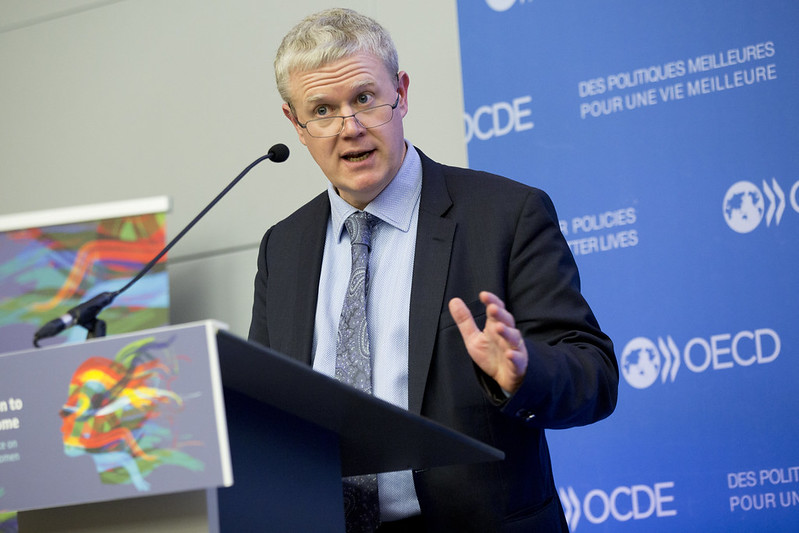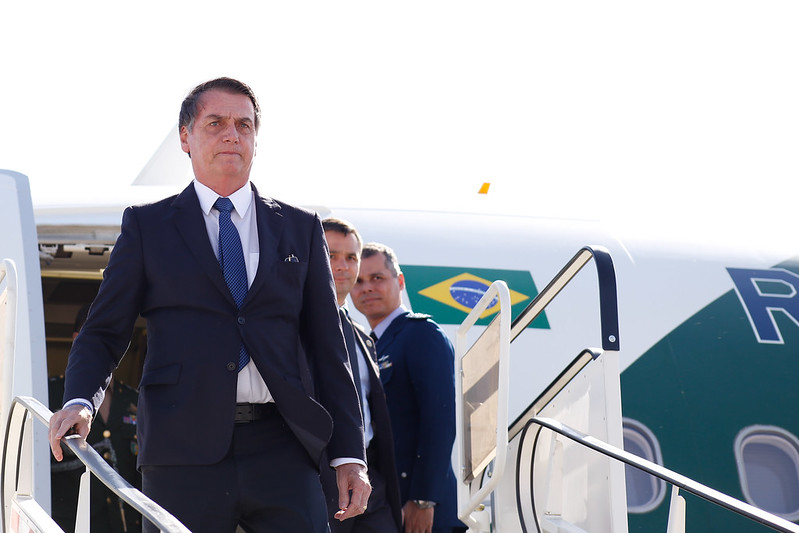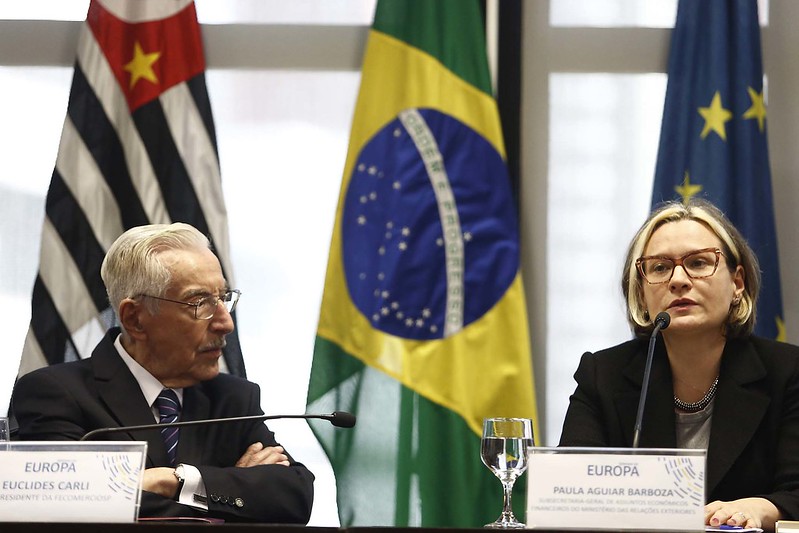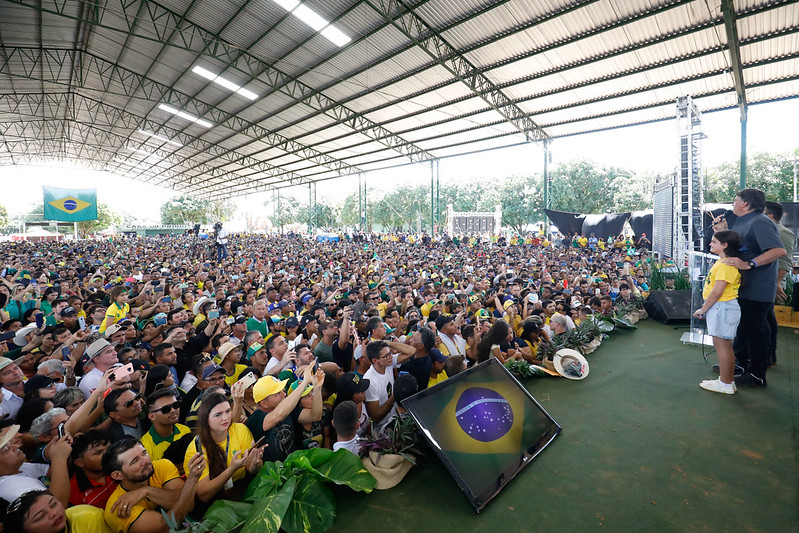Imakay Research Hub
Brazil Elections Project 2022 (EL22)
The EL22 project, carried out in partnership between NUPRI-USP and the Imakay Research Hub, comprehensively followed the 2022 Brazilian electoral process, from the campaign to the presidential inauguration in January 2023. The research group, made up of academics from different areas, monitored the main political, social and communication events in various regions of the country, with the aim of providing qualified analysis on the context and developments of the elections.
Topics
- Dynamics and results of the 2022 presidential elections, including political polarization and social mobilization during the campaign and post-election.
- Election for the presidency of the Chamber of Deputies, its history, institutional effects and impact on the relationship between the executive and legislative branches.
- Historical trajectory and paradoxes of Brazilian conservatism, its roots, permanence and ruptures over time, and its influence on recent political movements.
- Luiz Inácio Lula da Silva’s inauguration ceremony, symbolism, challenges of governability and national and international reactions to the new government.
- Attacks on the Three Branches of Power on January 8, 2023, analysis of motivations, political and institutional consequences, and responses from the state and society.
- International repercussions of Lula’s election and inauguration, expectations for Brazilian foreign policy, resumption of international prominence and challenges in the global and regional context.
- Structure and challenges of coalition presidentialism in Brazil, formation of the new government, political negotiations, party fragmentation and implications for governability.
- The environmental and climate agenda in the elections and at the start of the new government, with emphasis on deforestation in the Amazon, preservation policies, the role of the ruralist caucus and the challenges of reconciling federal and state interests.
- The relationship between environmental policy, economic development and international pressure, including commitments made in multilateral forums and the quest to reposition Brazil as a global leader in environmental and human rights issues.
These topics were analyzed, seeking to understand the multiple factors that influenced the electoral process, the transition of government and the institutional, social and environmental challenges faced by Brazil at the start of the new political cycle.
The following articles were published, among others:

